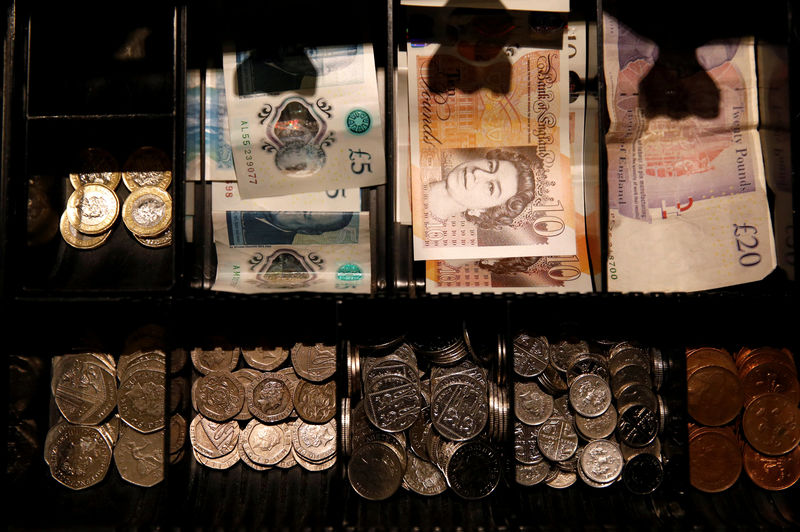ExchangeRates.org.uk - The dollar has posted further losses during the Thanksgiving period with further position adjustment in evidence and hopes that President-elect Trump will use tariffs as a threat and will pull back from aggressive action.The Euro has gained relief against the dollar, but there are still important reservations over the Euro-Zone outlook and the Pound has out-performed both currencies.
There will be choppy month-end trading on Friday.
The Pound to Dollar (GBP/USD) exchange rate surged to 2-week highs at 1.2750 before a retreat to 1.2690.
UoB expects further tough resistance close to 1.2750.
The Pound to Euro (GBP/EUR) exchange rate advanced to 1-week highs at 1.2050 before a retreat to 1.2020.
There will be choppy trading, but ING expects GBP/EUR to trade around 1.2050 at the end of 2024.
As far as UK data is concerned, mortgage approvals increased to 68,300 for October from a revised 66,100 previously, above consensus forecasts of 65,000 and the strongest reading since September 2022.
Stronger readings for overall net lending also helped underpin confidence in the housing sector.
Nick Rees, currency analyst at Monex Europe commented; "No news is seemingly good news for sterling at present."
He added; “The relative changes in rate expectations has played in the British currency's favour lately, We are biased to think that another day of sterling outperformance is likely, absent any surprises."
Danske Bank (CSE:DANSKE) commented; “We do not expect incoming data to move the needle in terms of the outcome of the December BoE meeting, where we expect an unchanged decision in line with consensus and markets.”
In contrast, markets expect Federal Reserve and ECB rate cuts in December.
Earlier in the week, the Euro gained support from hawkish rhetoric by ECB council member Schnabel.
The latest rhetoric, however, has been more dovish with Villeroy commented that the central bank no longer needs to hold the economy back and can take rates to growth-supportive levels.
Fellow member Knot stated that the central bank can act strongly if there is a risk of damage to the economy.
The headline Euro-Zone inflation rate increased to 2.3% from 2.0% with the core rate remaining at 2.7% and marginally below expectations of 2.8%.
There are also structural fears surrounding the Euro area.
There has been further pressure on French government bonds with the spread between French and German bond yields widening to 12-year highs amid fresh concerns that the government will collapse before year-end.
Prime Minister Barnier, aiming to cut the 2025 budget deficit to 5% of GDP from 6% has already made concessions, including abandoning higher electricity prices.
The right-wing National Rally, however, has demanded further concessions.
MUFG commented; “The lack of majority in parliament to support much needed fiscal consolidation continues to provide an unfavourable backdrop for French government bonds.”
According to ING; “In the end, the worst case might be avoided, but the episode does highlight the political struggles to rein in France's fiscal deficit.”
This content was originally published on ExchangeRates.org.uk
